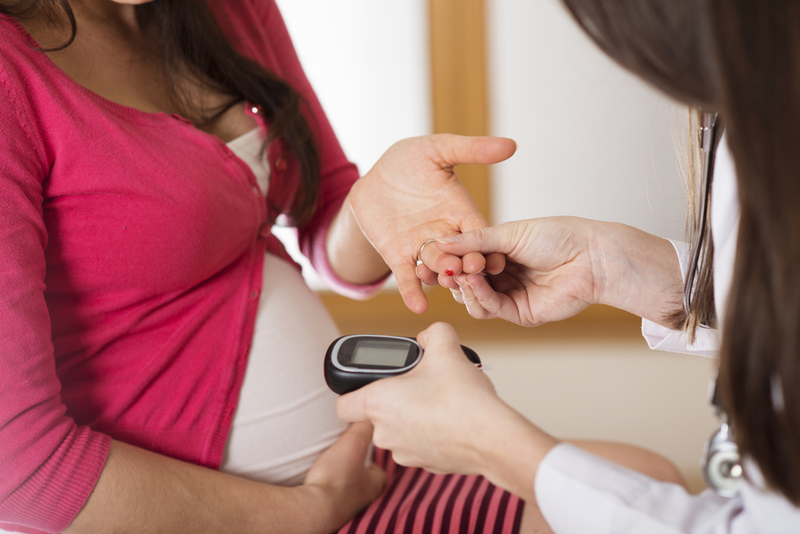Experts debate delivery time in women with gestational or preexisting diabetes
ADA 79th Scientific Sessions Meeting News Jun 12, 2019
On 10th June in the afternoon at the Scientific Sessions, Chloe Zera, MD, MPH, and Howard Berger, MD, debated the question of whether all pregnant women with gestational diabetes or preexisting diabetes should be induced by 38 weeks. Dr. Zera argued in favor of induction and Dr. Berger made the case against it.

“We know that diabetes is associated with adverse fetal outcomes, including miscarriage, congenital anomalies, preterm delivery, small for gestational age, as well as large for gestational age,” said Dr. Zera, Assistant Professor of Obstetrics, Gynecology, and Reproductive Biology at Harvard Medical School. “There have also been studies that have suggested that pregestational diabetes is associated with stillbirth. While those studies have lacked the statistical power to conclusively prove an association, diabetes is nonetheless considered one of the most significant risk factors for stillbirth.”
Dr. Zera added that delivery at 38 weeks may reduce perinatal morbidity and mortality and may also reduce maternal morbidity.
While Dr. Berger did not argue that there may be an association between diabetes and stillbirths, he said studies have also shown that the majority of stillbirths in diabetic women occur well before 38 weeks, and many are linked to suboptimal control. He also pointed to potential adverse outcomes related to early-term delivery that may outweigh the risk associated with diabetes.
“It’s important to remember that, while early-term delivery may reduce the risk of stillbirth, there’s robust evidence of increased short- and long-term complications,” said Dr. Berger, Deputy Chief of Obstetrics and Head of Maternal Fetal Medicine at St. Michael’s Hospital in Toronto, Ontario. “Current ACOG/SMFM (American College of Obstetricians and Gynecologists/ Society for Maternal-Fetal Medicine) guidelines acknowledge the increased risk of nonmedically indicated early-term delivery, then specifically address what is medically indicated. The guidelines state that pre-existing diabetes and gestational diabetes all should be delivered at full term if well controlled. For most, the sweet spot is likely between 39 to 40 weeks.”
Dr. Berger said there’s no strong evidence that induction of labor before 38 weeks is superior to expectant management in diabetes patients, and that it would be better to invest in achieving better glycemic control in these patients.
Dr. Zera and Dr. Berger agreed that there’s no “one size fits all” answer to the question, and that individualized care is recommended. They also agreed that labor and delivery guidelines related to early-term induction must recognize known disparities and include equity as a key outcome.
This article is a news release from ADA 79th Scientific Sessions Meeting. Read the original here.
-
Exclusive Write-ups & Webinars by KOLs
-
Daily Quiz by specialty
-
Paid Market Research Surveys
-
Case discussions, News & Journals' summaries